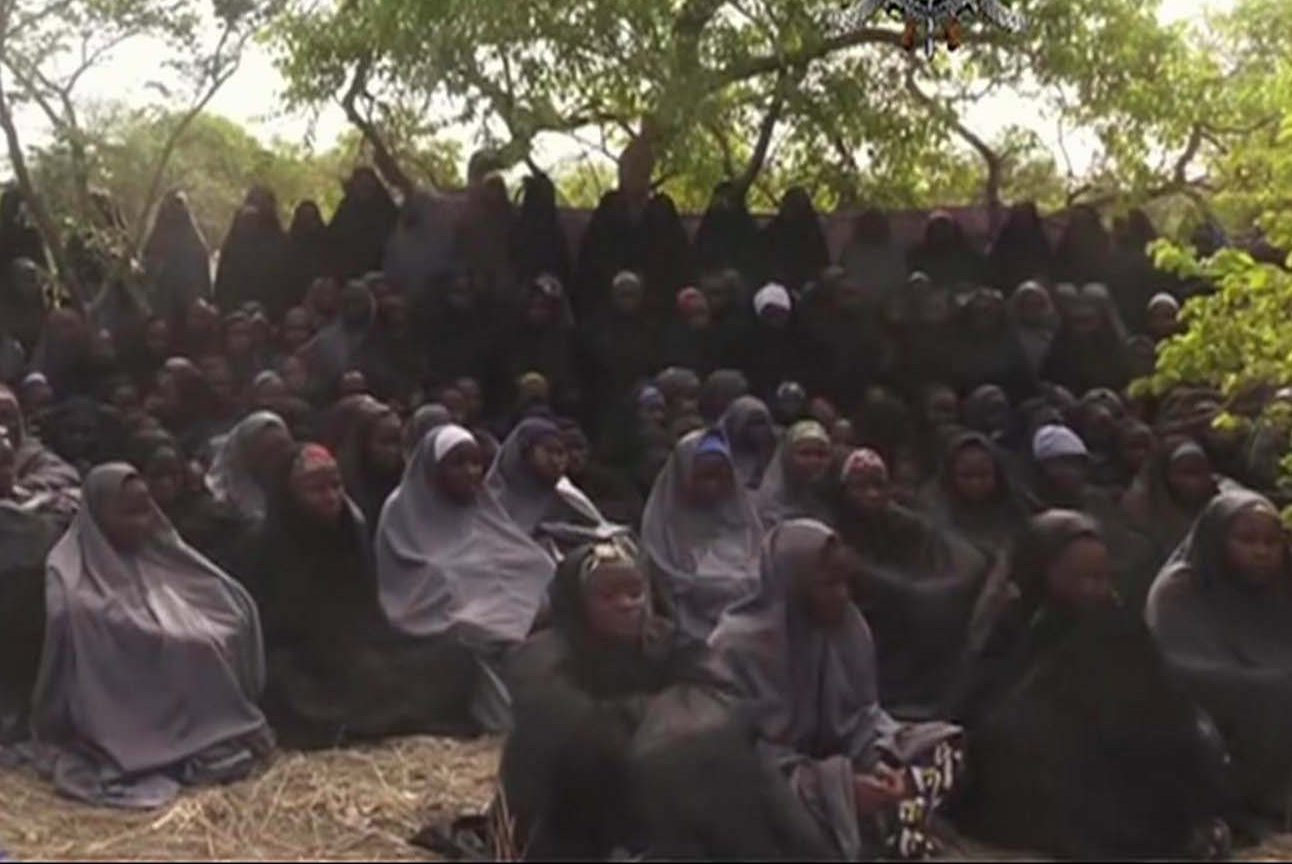It is not yet Uhuru for the Petroleum Industry Bill (PIB) as the APC transition committee has advised President Muhammadu Buhari to jettison the version proposed by the Goodluck Jonathan administration.
In its place, the committee said “Dr. Rilwanu Lukman’s version” should be passed into law by the national assembly.
The omnibus law for the petroleum industry is designed to reform the oil and gas sector, which gives Nigeria over 90% of its forex earnings as well as over 60% of national spending.
The delay in passing the bill is believed to have created uncertainty in Nigeria’s oil and gas industry, leading to the loss of over $80 billion in fresh investments, with investors unsure of the regulatory, political and economic conditions under which they will operate.
Advertisement
Most of these investments have been diverted to Angola, which has enjoyed political stability in the last decade.
“Lukman’s version”
The house of representatives had passed the latest version shortly before the last administration wound down, although the senate could not vote on it and this effectively meant the bill could not become law in the life of the Jonathan government.
Advertisement
However, the proposal by the Ahmed Joda-led transition committee that “Lukman’s version” should be passed may generate political and administrative hitches.
Lukman, former minister of petroleum resources under President Umaru Musa Yar’Adua from December 2008 to March 2010, did not originate the bill.
Lukman, who died in 2014, was special adviser to President Olusegun Obasanjo when the first draft of the bill was prepared but was not sent to the national assembly until Obasanjo left office in 2007.
Several versions of the bill were being sent to the national assembly under Lukman’s watch as various interests struggled to tamper with it to maximise their benefits.
Advertisement
“Diezani’s version”
The exit of Lukman in 2010 led to a review of the various versions by Diezani Alison-Madueke, Lukman’s successor in the ministry.
The reasons for the proposal to adopt “Lukman’s version” are not very clear, as there were no significant changes in the contentious areas, such as the fiscal regime which the international oil companies (IOCs) considered to be unfavourable.
Whereas the “Lukman’s version” provided 10% equity to oil “host communities”, this was reduced to 7.5% in “Diezani’s version” passed by the house of representatives. The definition of “host” was also expanded to cover all communities that pipelines pass through, not just where exploration is being made.
Advertisement
The discretionary powers to award oil licences which were granted to the minister of petroleum resources under “Lukman’s version” were retained in “Diezani’s version”, but the house of representatives removed the provision.
The Joda recommendations are currently being reviewed by a committee headed by Vice-President Yemi Osinbajo.
Advertisement
3 comments







Very soon we’ll hear that “FG advised to consider Jonathan’s administration NULL and VOID.” To a loud few, the past government did nothing good!
Why is it that everybody that comes to power in Nigeria is talking about oil, when will we grow up in this country to know that it’s not only oil we can generate revenue.
The Transition committee that is asking Buhari to dump the pIB are only interested in seeing how to get more money to spend at the centre and share every month instead of asking every state to look inward and tap other resources in thier states. I will not be surprise that many states without oil deposits will say they want to seced once oil deposits dries up in the niger delta
I have said it severally that the only thing keeping us together as one country is oil, onces it dries up most of our so called leaders in the north like Ango Abdullahi, Junaid Mohammed, Rabiu Kwakwanso, Lawal Kaita, Yahaya kwande, Adamu Chiroma etc will declare independence from the rest of Nigeria.
But God pass dem.
I had in diferrent fora, posited this. And I must state here that you’re absolutely correct! But, I tell you, this is very unfortunate.